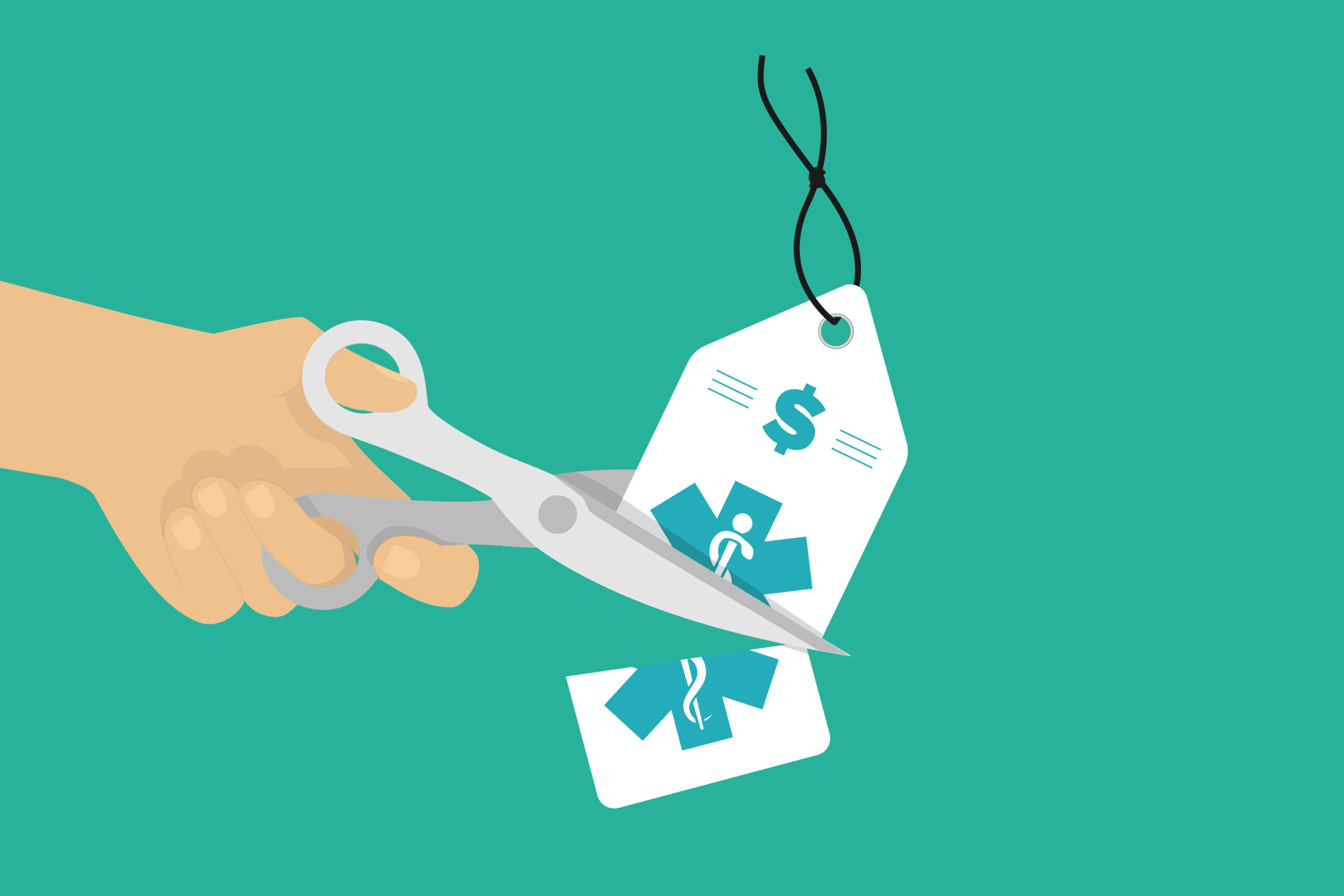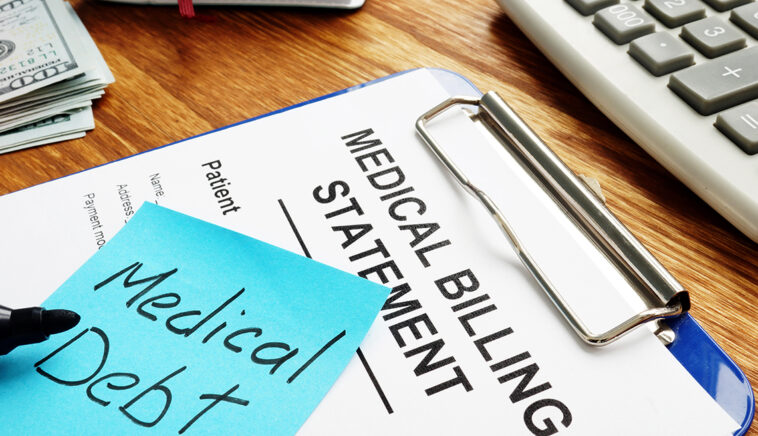One of the biggest concerns for Americans is not being able to afford proper healthcare. Truth be told, medical costs have been slowly rising in the last twenty years, making it hard for people without insurance to cover any type of expense. Even if you have good coverage, you’ll likely need to eviscerate your budget for the simplest of treatments.
The only saving grace is that there are so many different ways to cut these costs. In this article, we’ll share some incredible tricks that will help you save money during medical exams and procedures.
1. Learn about the treatment
Before signing off on anything, you need to be 100% sure that a procedure or a drug is necessary. Ask your doctor about the minimal hospital stay, necessary medical supplies and drugs, use of certain diagnostic equipment, and other related procedures. Be wary of things that you need to pay out of your pocket or co-pay.
2. Use providers in your network
If you have medical coverage, you should always choose in-network providers. In the end, unless you’re dealing with an emergency, there’s no need to get treatment from anyone else. In these situations, your insurance company will cover the majority of the expenses if we exclude the co-pay.
3. Consider other countries
In the last few years, medical tourism has been booming all over the world. It makes financial sense for patients living in the US and Western Europe to book an airplane and a hotel in another country and perform all the procedures there. However, if you go with this option, make sure to research a provider properly beforehand.
4. Negotiate prices

You would be shocked to learn that many doctors are willing to negotiate their prices and give you discounts. This is especially true if there are numerous providers in your city. Even if you don’t like bargaining, it won’t hurt to call a few numbers and book a practitioner who will do the job for the lowest price.
5. Consult local advocates
Consulting a patient advocate is the best way to quickly obtain information about the local medical market. These specialists can create a breakdown of different specialists, and, depending on their expertise, they might even recommend the cheaper options. On top of that, these professionals can assist with any billing issues you might have with hospitals and your insurance company.
6. Use cash
An important thing you need to know about doctors is that most of them are struggling with cash flow. Many of them are part of larger plans and are forced to wait for several months until they have cash in hand. Because of that, smaller practices are usually willing to give you a discount for cash payments as it eliminates payment card fees and insurance claim costs.
7. Find drug alternative
Certain drugs can be unnecessarily expensive. Luckily, you might be able to find cheaper alternatives over the counter. Make sure to consult a pharmacist or a second doctor to see if there’s something less expensive on the market that will help eliminate specific symptoms you’re struggling with.
8. Turn to generic drugs

Like in most other industries, brand-name drugs are nothing more than well-promoted products with similar features as their generic counterparts. So, if you wish to save money without losing the impact, you can go for any FDA-approved generic alternative.
9. Review bills
Although this isn’t necessarily a cost-saving measure, it is a trick that can reduce your expenses in certain situations. If you think your medical bills are too high, make sure to review them for accuracy. Go through each item on the list and make sure they’re by the company’s pricing. Keep in mind that, besides your healthcare provider, insurance companies might also make these errors.
10. Hire a reviewer
If you’re unable to review your medical bills, it would be wise to hire a professional reviewer. These professionals are well-acquainted with various procedures and how much clinics usually charge them in a certain city or state. They can easily notice minor or major discrepancies and help you get your money back.
11. Get mail drugs
Buying drugs via mail order provider is a fantastic way of saving money. In this particular case, you can cut costs by taking advantage of a quantity discount. For example, if you need to use a product in the foreseeable future, you can get drugs for several months. Similarly, it is not a bad idea to visit one of the larger warehouses in your area instead of going to a pharmacy.
12. Find coverage errors
Within your insurance manual, you can see what’s exactly covered by the insurance. That way, you can easily notice if someone charged you for a product or a service that is free or co-paid. Alternatively, you can check out the insurance company’s EOB form to determine what’s covered.
13. Try treatment alternative

Nowadays, we’re too hasty to use drugs for any minor inconvenience. The truth is that our bodies can deal with many ailments without any external assistance. So, before visiting a doctor, give yourself a few days to see if you’re getting better. You might also consider using home remedies or simply letting your body recuperate itself.
14. Create a payment plan
Using a payment plan might save you some money if you go about things the right way. This is especially true during times of high inflation and for bigger medical bills. For example, if you spread the payments over several years, you might save from 5% to 10% off the initial value. You should also talk to clinic representatives about other financing options.
Conclusion
When dealing with large medical bills, you should always think outside of the box. You can save a lot of money by negotiating, considering different forms of financing, or reviewing your bills. And if you have trouble figuring out the best course of action, you can always consult a medical expert.




